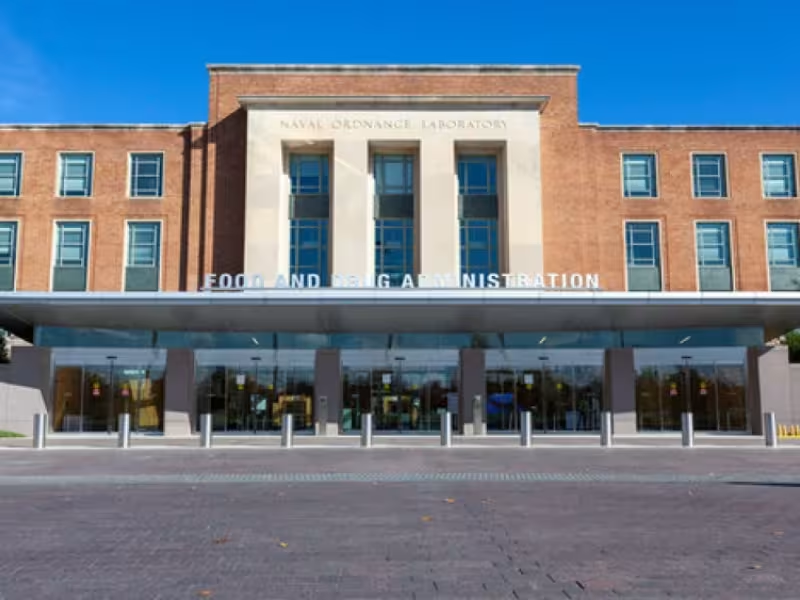
SHERIDAN, WYOMING – July 1, 2025 – A wave of pivotal FDA decisions in June 2025 is reshaping key segments of the pharmaceutical landscape, with new approvals spanning respiratory syncytial virus (RSV) vaccines, advanced cancer treatments, and the first-ever antiviral for acute hepatitis C. These regulatory moves not only expand therapeutic options for patients but also set the stage for intensified competition in critical markets, underscoring strategic opportunities for companies across the biopharmaceutical sector.
Moderna and Merck Drive RSV Market Expansion
The FDA’s June decisions dramatically shifted the RSV immunization market. Moderna’s mRNA-based RSV vaccine, mResvia, secured approval on June 13 for broader use in adults aged 18 through 59 years, beyond its previous indication for seniors 60 and older. However, uncertainty lingers around adoption rates as the CDC’s Advisory Committee on Immunization Practices (ACIP) has yet to issue recommendations following a major reshuffle by Health and Human Services Secretary Robert F. Kennedy Jr., who replaced all 17 committee members earlier this month. The ACIP's final stance will critically influence uptake of mResvia.
Meanwhile, Merck strengthened its RSV franchise with the FDA approval of Enflonsia, its anti-RSV antibody for newborns and infants entering their first RSV season. Backed by data from the CLEVER and SMART trials, Enflonsia reduced medically attended RSV infections by 60.5% and hospitalizations by 84.3% compared to placebo. Analysts note Merck’s entry intensifies competition against Sanofi and AstraZeneca’s blockbuster Beyfortus, especially after the ACIP recommended Enflonsia for babies under eight months without maternal protection.
Bladder and Prostate Cancer Treatments Secure Critical Approvals
In oncology, the FDA approved UroGen’s intravesical therapy Zusduri on June 13 for recurrent low-grade intermediate-risk non-muscle invasive bladder cancer, despite a narrow 5–4 vote against approval by the Oncologic Drugs Advisory Committee. Zusduri becomes the first FDA-approved therapy for this indication and offers a catheter-based outpatient treatment. UroGen is committed to completing the Phase III ENVISION trial and will provide annual updates to the FDA.
On June 4, Bayer’s Nubeqa earned an expanded indication to treat metastatic castration-sensitive prostate cancer (mCSPC) regardless of chemotherapy status, a move expected to bolster the therapy’s commercial trajectory. Supported by the Phase III ARANOTE study, the new approval showed a 46% reduction in disease progression or death, with efficacy maintained across patient subgroups.
New Entrants and Novel Therapies Advance in Lung and Liver Diseases
Nuvation Bio achieved its first commercial approval with Ibtrozi, an oral ROS1 inhibitor for ROS1-positive non-small cell lung cancer (NSCLC), following strong response rates in the Phase II TRUST-I and TRUST-II trials. Notably, Ibtrozi demonstrated promising intracranial response rates in patients with brain metastases—a major unmet need in this cancer subtype.
In another significant nod, AstraZeneca and Daiichi Sankyo’s Datroway received accelerated approval on June 24 for EGFR-mutant advanced NSCLC. Backed by TROPION-Lung studies, Datroway posted a 45% confirmed objective response rate. Under the accelerated approval pathway, ongoing trials will be essential to confirm its long-term benefit.
AbbVie also secured a breakthrough with Mavyret, now the first FDA-approved antiviral treatment for acute hepatitis C. The Phase III trial showed a 96% sustained virological response 12 weeks after an eight-week course, enabling doctors to initiate treatment immediately upon diagnosis—a crucial advance in controlling disease progression and reducing transmission.
Oral Treatment Convenience Highlighted With Brukinsa Update
Finally, BeOne (formerly BeiGene) gained FDA approval for a new twice-daily tablet formulation of Brukinsa on June 12, simplifying treatment regimens for patients across multiple lymphoma indications. The new formulation reduces pill burden by offering 160-mg tablets, allowing patients to take two tablets daily instead of four capsules, with plans to phase out the older capsule by October 2025.
Strategic Implications Across Therapeutic Markets
The surge in June approvals underscores the FDA’s continued momentum in clearing innovative therapies targeting major infectious and oncologic diseases. These decisions will:
- Expand treatment options for vulnerable populations, including infants at risk of RSV and adults newly diagnosed with acute hepatitis C.
- Intensify market competition in RSV prevention, prostate cancer, and NSCLC.
- Provide new revenue streams for companies like Nuvation and UroGen entering or expanding in key markets.
Industry stakeholders will closely monitor these approvals’ commercial trajectories and their potential to shift market dynamics. Learn more at www.fda.gov.